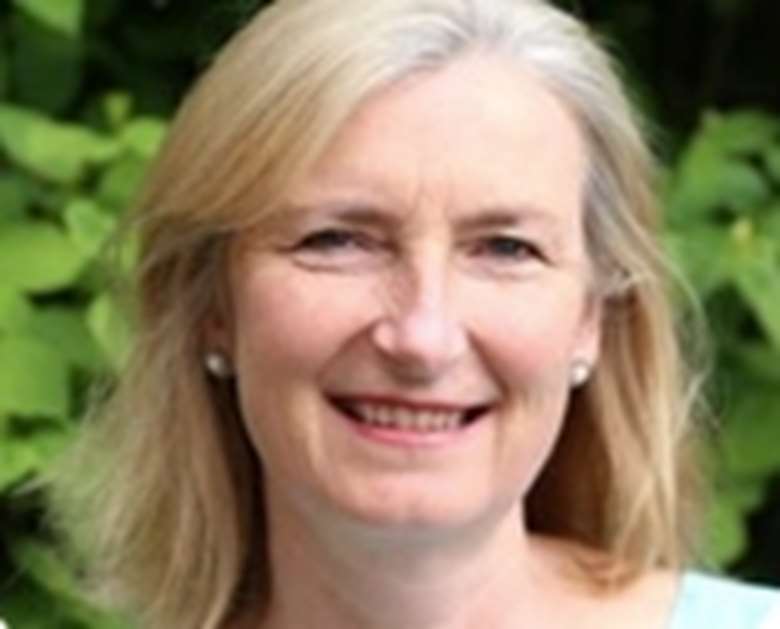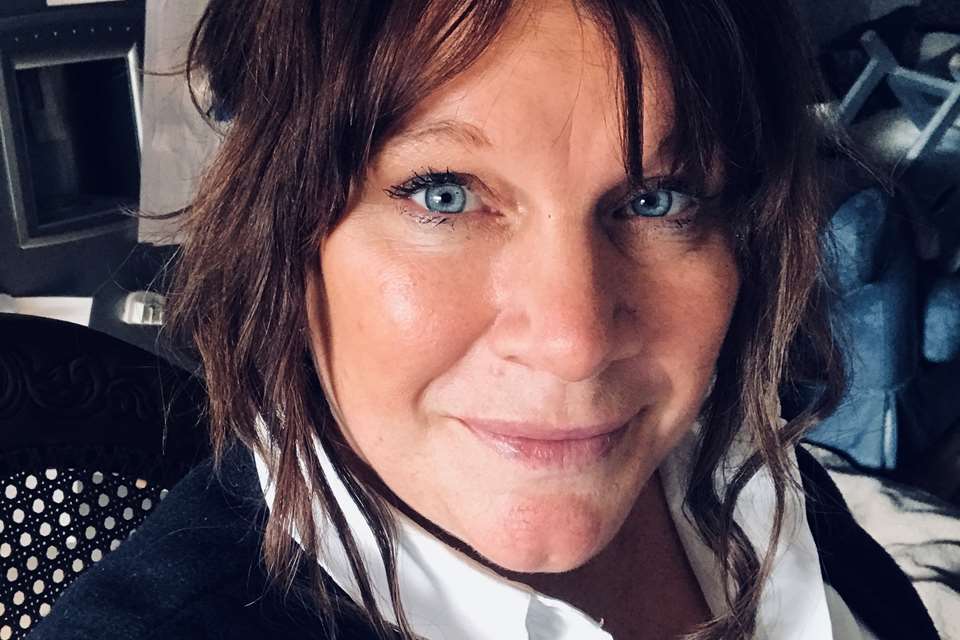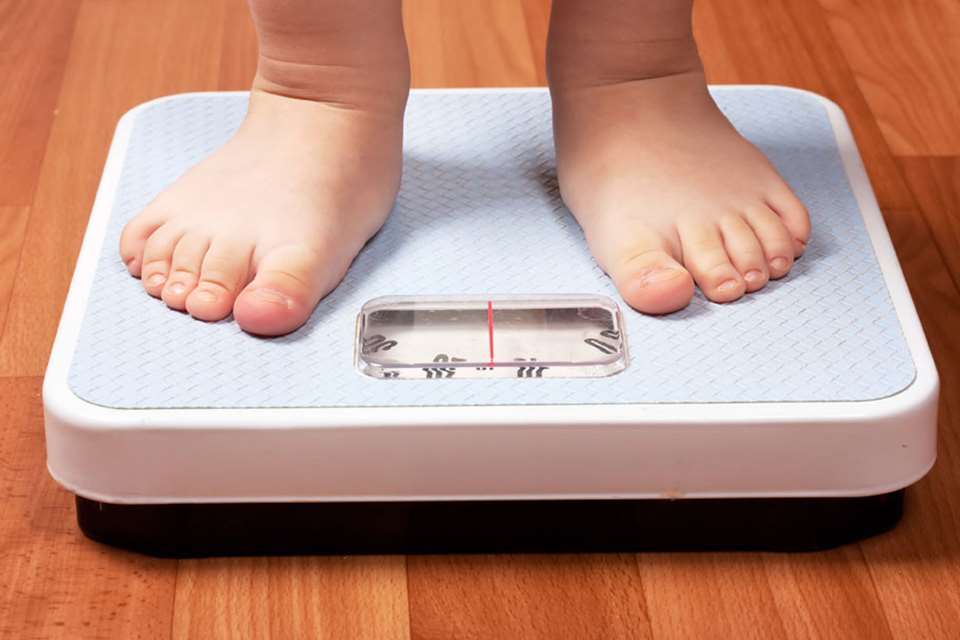Childhood obesity is 'everyone's business' and can no longer be ignored
Wednesday, May 30, 2018
The Government must make sure that young children at risk of obesity are identified early to make sure that they and their families can access the right support, a committee of MPs says today.

The Health and Social Care Committee says that ‘childhood obesity needs to be everyone’s business’, in its latest report on the subject.
It is calling for an effective childhood obesity plan with a joined-up 'whole systems' approach, which focuses on tackling the widening health inequality of childhood obesity, which affects children from the poorest areas more than their better-off peers.
Published ahead of an expected update to the childhood obesity plan, published two years ago, the report identifies key areas for action, including:
- endorsing a 9pm watershed on junk food advertising, and a ban on TV and film characters from being used to promote high fat, sugar and salt products on broadcast and non-broadcast media
- new regulations to restrict the discounting and price promotions on unhealthy food and drink
- ban the sale of sweets and other unhealthy foods from the ends of aisles and checkouts
- targets to improve breastfeeding to fight childhood obesity
- the implementation of the 2016 Child Obesity Plan in full
It also said that councils needs to be allowed to limit the number of unhealthy food outlets in their areas and the prevalence of junk food and drink billboard advertising near schools.
The Government must ensure that there are robust systems in place to not only identify children who are overweight or obese, but to ensure that these children are offered effective help in a multidisciplinary way, which is also offered to their families.
Today's report follows new analysis by the Local Government Association of National Child Health Measurement Programme figures that show that 22,000 ten- and 11-year-olds are severely obese.
The committee said that its report emphasised the need to focus on healthy lifestyles rather than using stigmatising language.
It said it was impressed by work in Amsterdam on a ‘whole systems approach’ to tackling obesity.
Prevention of obesity was everyone’s business and the widening health inequality can no longer be ignored, it said.
Chair of the Committee, Dr Sarah Wollaston MP, says, ‘Children are becoming obese at an earlier age and staying obese for longer. Obesity rates are highest for children from the most disadvantaged communities and this unacceptable health inequality has widened every year since records began. The consequences for these children are appalling and this can no longer be ignored.
‘We want to see a whole systems approach and for local authorities to be given the powers they need to reduce childhood obesity in their communities. Health needs to be made an objective within the planning and licensing system.
‘Government needs to further help reduce childhood obesity by introducing tougher restrictions on the marketing and advertising of junk food, including by bringing in a 9pm advertising watershed. It should also act to protect children by banning the offers and displays that push high volume sales and impulse buying of junk food and drink.
‘I welcome the sugary drinks levy that has already played a vital role in driving reformulation and call for this to be extended to milky drinks which contain added sugar.’
Dr Modi Mwatsama of the Obesity Health Alliance, said, ‘This a superb report that reflects what obesity campaigners have long been saying; the UK is in the midst of an obesity epidemic and Government must take strong measures to tackle childhood obesity if we’re to prevent this spiralling beyond control.
‘The ban on junk food advertising prior to the 9pm watershed is a much needed measure, as is toughening up on promotions and the marketing of unhealthy food at children. We hope Government takes note and that these recommendations are reflected in the impending chapter 2 of their obesity plan.’
Valentine Mulholland, head of policy for school leaders’ union NAHT, said that schools had a role to play in teaching healthy behaviours and encouraging pupils to develop good habits, but were only part of the picture when it comes to children’s health.
'Schools encourage physical activity and healthy eating in a wide variety of ways including their use of the nutritional standards for school lunches, PSHE and PE lessons and sugary drinks policies,' she said. 'But funding cuts and a high-stakes accountability regime has narrowed the curriculum in schools to focus on certain subjects, reducing the time available for physical activity and teaching children about healthy eating and lifestyle choices.
'Our members tell us that children’s mental and physical health is losing out as budgets and the curriculum come under increased pressure.'
- Download Childhood obesity: time for action here








